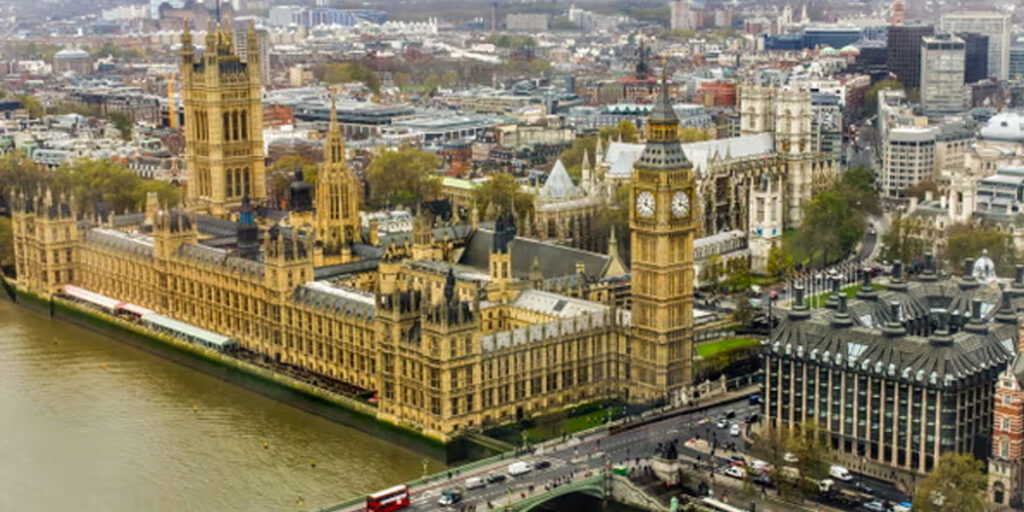Russian diplomats reportedly accessed a restricted section of the British Parliament just before Christmas, triggering alarm among security officials and prompting private warnings from parliamentary leaders, The Guardian has revealed.
The diplomats, part of a small group, initially joined a public tour of the Houses of Parliament but strayed into an off-limits area of the House of Lords. Security swiftly intervened, ejecting them from the premises.
“We suspect they simply wanted to boast to the Kremlin about infiltrating the British Parliament. It’s far from ideal, but they were stopped before any harm was done,” a parliamentary source disclosed.
UK government ministers have expressed concern over this attempted breach of parliamentary security, which reportedly occurred late last year. As a direct response, MPs and Lords have received written advisories against inviting Russian diplomats to Parliament. It remains unclear whether the group joined a guided tour hosted by a politician or secured access through the parliamentary visitors’ service.
Since 2022, Russian ambassadors, diplomats, and officials from Moscow’s London embassy have been barred from Parliament following the Kremlin’s imposition of sanctions on numerous British MPs and peers after the Ukraine invasion.
Commons Speaker Sir Lindsay Hoyle and Lords Speaker Lord McFall of Alcluith have privately reiterated warnings about potential Russian efforts to compromise parliamentary security. In separate letters, they reminded members:
“With several new members joining the House recently, I would like to remind colleagues of the restrictions in place since the Russian invasion of Ukraine. The Russian ambassador, as the official representative of Moscow, and all other Russian diplomats or embassy officials, remain unwelcome on the parliamentary estate until further notice.”
A parliamentary spokesperson stated, “The safety and security of everyone working in and visiting Parliament remains our utmost priority. However, we cannot comment on specific security measures.”
The breach highlights ongoing concerns over the vulnerability of the parliamentary estate, which is reportedly a frequent target of foreign intelligence activities.
These concerns come amid broader geopolitical tensions. Christopher Cash, a former parliamentary researcher, is set to stand trial later this year for allegedly spying for China, charged under the Official Secrets Act.
Meanwhile, Pat McFadden, Minister for National Security, warned in November of Russia’s readiness to launch cyberattacks on the UK and its allies, aiming to destabilise support for Ukraine.
The speakers’ warnings coincide with Prime Minister Keir Starmer’s first visit to Kyiv, where he pledged enduring UK support for Ukraine, both during and beyond the war.
While in talks with President Volodymyr Zelenskyy, the precariousness of Ukraine’s position was underscored by a Russian drone flying over Zelenskyy’s office, with Ukrainian air defences engaging to neutralise the threat.
This incident once again raises pressing questions about the security measures protecting one of the UK’s most iconic institutions.


